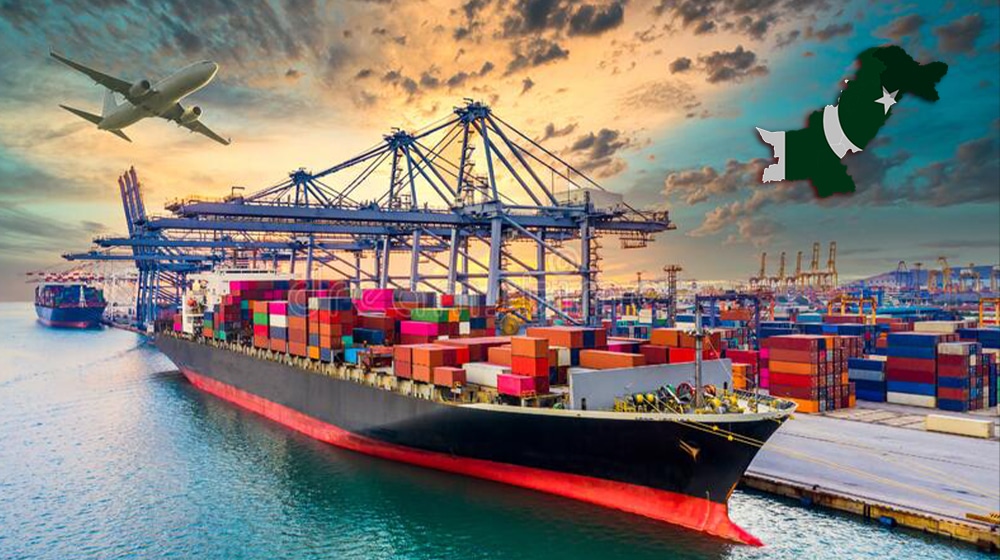Rent-seeking in Pakistan, historically perpetuated by various governments through economic policies, has primarily benefited the wealthy, exacerbating economic inequality and hindering overall development. The high policy rate and cost-push inflation have made financing difficult for startups and small businesses, impeding their growth. Moreover, the economy’s heavy reliance on debt financing and lack of incentives for local production have further strained the business ecosystem and increased debt servicing costs for the state. Despite trade liberalization efforts, certain sectors, particularly those with political connections, continue to receive preferential treatment through trade protection mechanisms and subsidies, contributing to deficits and economic inefficiencies. To address these issues, Pakistan must reduce its economic intervention, phase out subsidies, and liberalize its economy to promote sustainable growth and reduce dependency on imports.
Must read
© 2024. Pakistan Khabar. All Rights Reserved.




